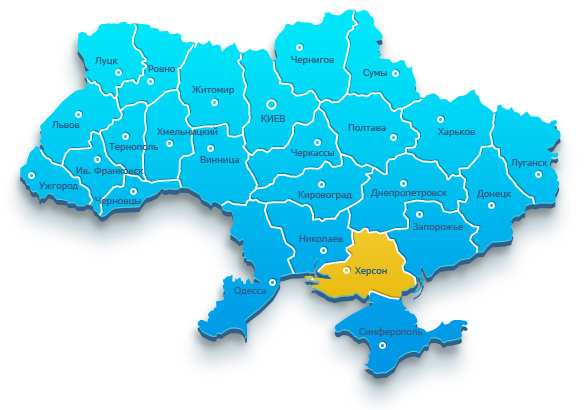Thieves broke in and stole hard drives on which were 58 years’ worth of the archives of the Crimean Tatar newspaper, “Yany dyunya.” And while the editor has said that there was nothing political about it, both the target and the slow reaction of the Russian occupation authorities suggest otherwise.
After the theft was discovered, the editors called the police who took an entire day to arrive. Russian officials said they were opening a criminal case, and the head of Crimea’s State Nationality Committee Zaur Smirnov said he was taking the matter under his personal control.
Zera Bekirova, the editor in chief, said that “there are no intrigues and political subtext” to this action. The doors of the editorial staff were not broken down but opened with a key.” The theft may even be the result of a mistake by one of the employees of the journal, she suggested to Nazaccent.ru.
But past Russian occupation practice in which unidentified persons break in to facilities the authorities want to suppress, officials promise action, but the perpetrators are never caught and exactly what “the thieves” took in this case as reported by Bekirova cast doubt on her own statement on this point.
“We remain without the necessary equipment, without the Internet without everything,” she says. “Computers, cameras and printers have disappeared, that is, everything necessary for work.” But she pledged that the next issue of the Crimean Tatar paper will come out on Friday as scheduled.
Bekirova’s most important comment is the following: “For us, the most terrible in what has happened is the disappearance of the paper’s archive. This archive was on these computers and the people poked around the paper archive as well. What they were looking for is unknown. The entire archive, beginning with issues from 1957, was left lying on the floor.”
Those who carried out the theft, the editor continued, were “strange thieves.” They didn’t simply take machines and leave but “poked about in the papers” as well. Moreover, they looked under all the couches and overturned all the file cabinets and boxes. And they took not only the hard drives on which the archives were to be found but also the disks on which part of it was.
To take such an archive away from the Crimean Tatars deprives them of an important source for the maintenance of their historical memory and hence of their existence as a people. To the extent that it was as seems likely officially sponsored even if officially denied, it qualifies as yet another act of genocide by the Russian occupiers against the Crimean Tatar people.





